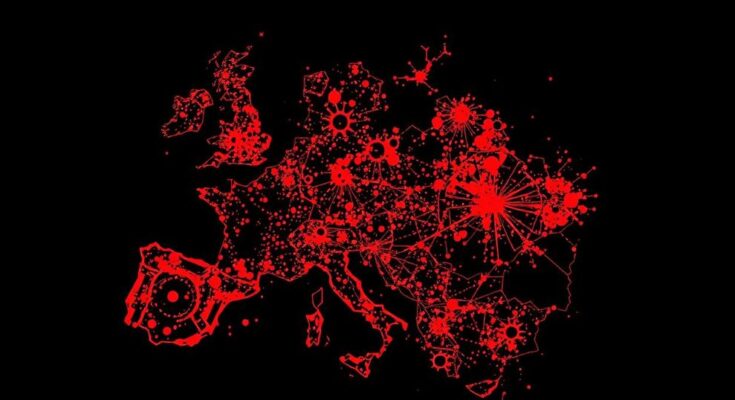The European Union has ordered TikTok to preserve election data in Romania amid allegations of Russian interference supporting presidential candidate Calin Georgescu. Reports indicate thousands of accounts promoted Georgescu before his recent primary victory. The findings raise concerns over election integrity amidst a backdrop of foreign influence in politics.
On Thursday, the European Union’s executive body mandated that TikTok halt and safeguard data associated with the ongoing elections in Romania. This directive followed the Romanian Supreme Council of National Defense’s declassification of security reports that indicated Russian support for presidential candidate Calin Georgescu. Outgoing President Klaus Iohannis facilitated the declassification of these documents, which assert that thousands of social media accounts across various platforms provided endorsements for Georgescu prior to his victory in the initial round of voting last month. In a statement to the Associated Press, Georgescu asserted his lack of alignment with pro-Russian sentiments. He is poised to compete against centrist candidate Elena Lasconi in the impending runoff election set for Sunday.
The declassified documents detailed that approximately 25,000 TikTok accounts became notably active in promoting Georgescu a fortnight prior to the election. It was noted that around 800 of these accounts exhibited minimal activity until mid-November. In response to these claims, Russia refuted any involvement in the electoral processes. Concurrently, TikTok acknowledged its collaboration with the European Commission while revealing that it had identified several Romanian influence networks and had removed suspicious accounts in recent weeks.
The security reports came to light amid rising concerns regarding foreign interference in electoral processes, particularly focusing on the influence exerted by Russian entities in various countries. Romania, standing at a geopolitical crossroads, has increasingly become the focal point of such operations. The ongoing tensions between Eastern and Western powers play a critical role in the manner in which elections are conducted and perceived in this context, raising flags about the integrity of democratic procedures in the region.
This unfolding situation underscores a growing apprehension regarding the prevalence of foreign interference in democratic elections. The findings reported signal a significant challenge to the integrity of Romania’s political landscape, particularly with respect to the utilization of social media as a tool for influence. As the runoff election approaches, both the candidates and the electorate remain watchful amid these revelations.
Original Source: wng.org




